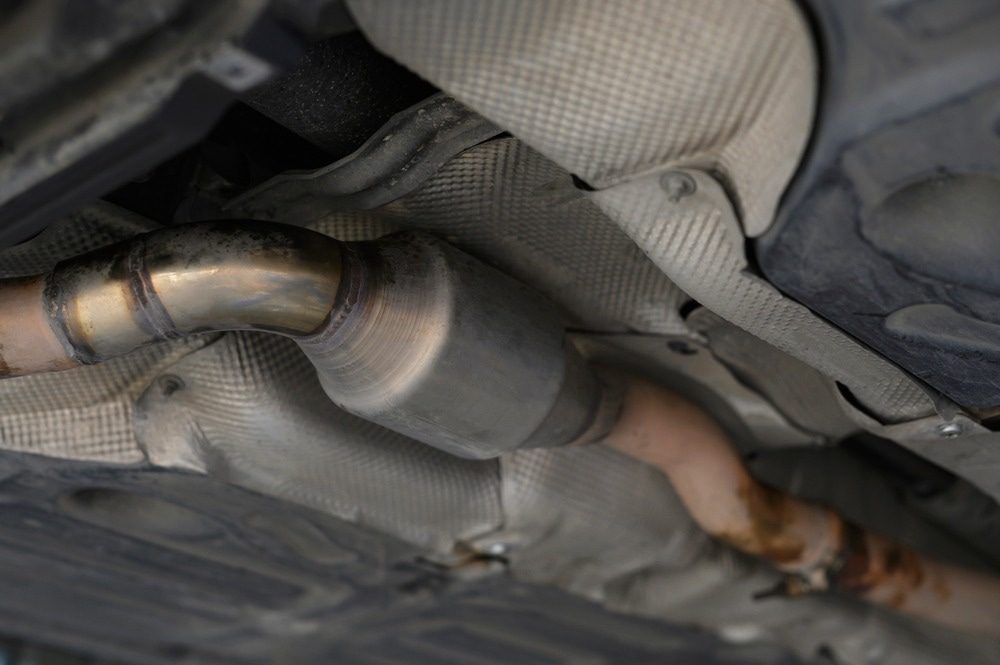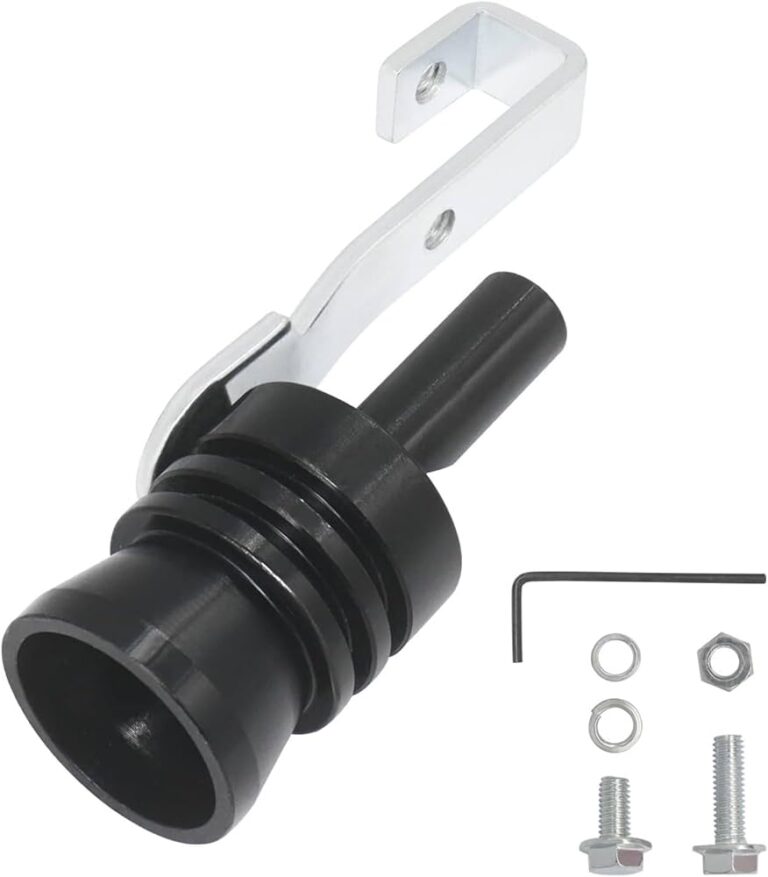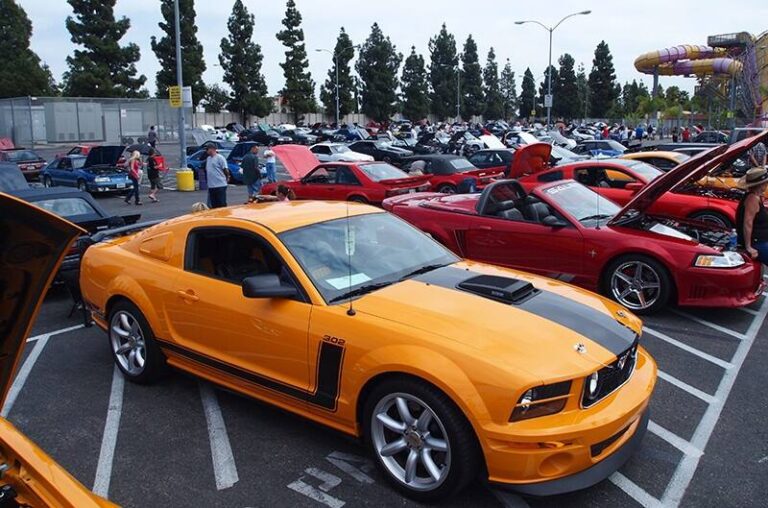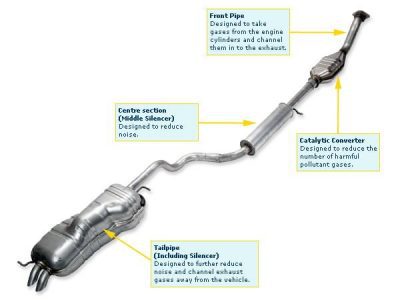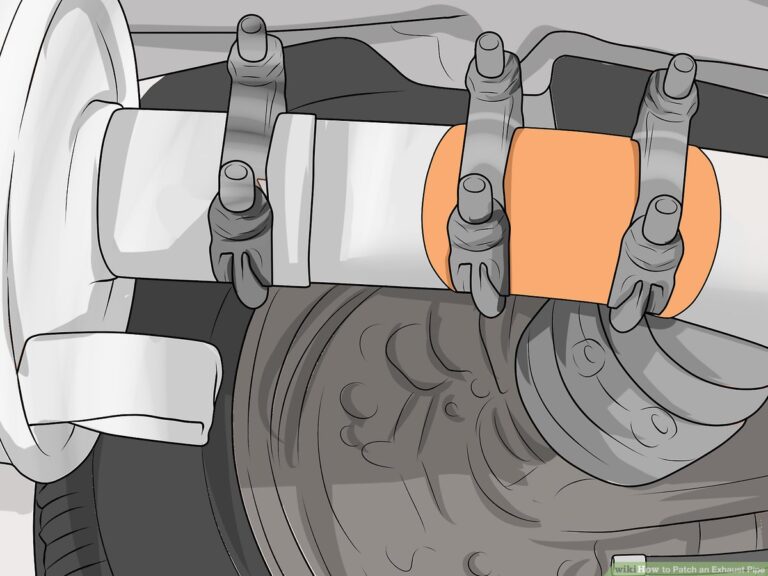Are Catalytic Converters Expensive? Unveiling the True Costs
Catalytic converters can be quite expensive, with prices varying depending on the type of car and the specific converter needed. Catalytic converters are an essential component in a vehicle’s exhaust system, helping to reduce harmful emissions and protect the environment.
However, their importance comes at a cost. The price of catalytic converters can vary greatly, ranging from a couple of hundred dollars to several thousand dollars. The specific cost depends on various factors, such as the make and model of the car, the type of converter needed, and the location where the replacement is being done.
While the expense may seem high, it is important to remember that catalytic converters play a crucial role in reducing pollution and ensuring compliance with emissions standards.

Credit: en.wikipedia.org
Understanding The True Expenses Associated With Catalytic Converters
htmlCatalytic converters play a crucial role in vehicle emissions control. They are designed to reduce harmful pollutants emitted by combustion engines, converting them into less harmful substances. This helps in improving air quality and meeting environmental regulations.
When it comes to the cost of a catalytic converter, several factors influence the overall expense. These include:
| Factors Affecting Cost | Details |
|---|---|
| Type of Vehicle | The make, model, and year of the vehicle can impact the cost of a catalytic converter. |
| Location | Prices may vary depending on where you live due to local regulations and market conditions. |
| Quality and Brand | The quality of materials used and the reputation of the brand can affect the cost. |
| Availability | If a catalytic converter is rare or in high demand, it can be more expensive to purchase. |
It is important to note that while catalytic converters can be expensive, they are vital for reducing emissions and complying with environmental standards. Regular maintenance and proper care can extend their lifespan, reducing the need for frequent replacements.
Factors Driving Up The Cost Of Catalytic Converters
There are several factors driving up the cost of catalytic converters.
Increasing demand for precious metals is one of the main reasons. Catalytic converters contain platinum, palladium, and rhodium, which are valuable and in high demand for various industries, including automotive. With the rising need for these precious metals, the cost of catalytic converters naturally increases.
Another factor is technological advancements and complex designs. Catalytic converters are becoming more advanced and sophisticated, incorporating advanced catalyst materials and intricate designs to improve their efficiency. However, these advancements also add to the production and manufacturing costs.
Add to that the strict environmental regulations imposed by governments worldwide. To reduce emissions and combat air pollution, authorities have implemented stringent regulations that require vehicles to have more efficient and durable catalytic converters. This leads to additional research, development, and testing costs, ultimately driving up the overall price of catalytic converters.
Unveiling The Hidden Expenses Of Catalytic Converters
When it comes to the expenses of catalytic converters, there are several factors to consider. Firstly, the costs of raw materials and production play a significant role. Catalytic converters require precious metals such as platinum, palladium, and rhodium, which can be expensive. Additionally, the production process involves intricate technology and skilled labor, further increasing the overall cost.
Furthermore, pricing variations are observed among different vehicle makes and models. Some vehicles may require specialized catalytic converters, which can drive up the price. Luxury cars often have more complex exhaust systems, making their catalytic converters more expensive compared to those of regular vehicles.
In addition to the initial purchase price, there are also additional expenses for installation and maintenance. Installing a catalytic converter requires professional expertise, which may come with a service fee. The maintenance of the catalytic converter is vital to its longevity and efficiency, and periodic inspections and potential replacements can add to the overall cost.
Strategies To Mitigate The Expenses Of Catalytic Converters
When it comes to expenses related to catalytic converters, there are strategies that can help mitigate costs. One effective approach is comparison shopping for the best prices. By researching and comparing prices from different suppliers, you can identify the most cost-effective options. Additionally, exploring alternate options and aftermarket alternatives can also be beneficial. These alternatives may offer similar functionality at a lower cost. It is important to understand the potential warranty and insurance coverage for catalytic converters, as they can provide financial protection in case of damage or malfunction. By being proactive and seeking out the best prices, exploring alternative options, and understanding warranty and insurance coverage, you can effectively manage and reduce the expenses associated with catalytic converters.
Balancing Costs And Environmental Responsibility
Examining the long-term benefits of catalytic converters
Catalytic converters play a crucial role in reducing harmful emissions from vehicles, making them an essential component for both environmental responsibility and compliance with regulations. While the initial cost of a catalytic converter may seem high, it is important to consider the long-term benefits.
By effectively converting harmful pollutants into less harmful substances, catalytic converters contribute to cleaner air and a healthier environment. This, in turn, can lead to a reduction in healthcare costs associated with air pollution-related illnesses.
Considering the potential environmental impact, investing in a quality catalytic converter can result in long-term savings. Additionally, sustainable practices such as recycling and proper maintenance can further extend the lifespan of a catalytic converter, thus reducing the need for frequent replacements.
Ultimately, the cost of catalytic converters should be viewed as an investment in both the environment and future generations. By weighing the expenses against the long-term benefits and embracing sustainable approaches, we can strike a balance between costs and environmental responsibility.
Frequently Asked Questions Of Are Catalytic Converters Expensive
Are Catalytic Converters Worth Replacing?
Yes, catalytic converters are worth replacing as they play a crucial role in reducing harmful emissions from vehicles. They help in minimizing air pollution and ensuring compliance with environmental regulations. Additionally, a faulty converter can affect engine performance and fuel efficiency, making replacement necessary.
What Do Thieves Do With Stolen Catalytic Converters?
Thieves sell stolen catalytic converters to scrap yards for their precious metals, such as platinum, palladium, and rhodium, which can be extracted and sold separately.
Can A Car Run Without A Catalytic Converter?
Yes, a car can still run without a catalytic converter. However, removing it may be illegal in some places and may cause the vehicle to emit pollutants.
Why Are Catalytic Converters So Expensive Now?
Catalytic converters have become expensive due to the increase in demand for precious metals like platinum and palladium, which are essential components. Moreover, stricter emissions regulations have also raised the cost of manufacturing these converters. Consequently, the scarcity and high production costs contribute to the current high prices.
Conclusion
Understanding the cost of catalytic converters is vital for vehicle owners. While the expense may vary depending on factors like car make and model, it is evident that catalytic converters can be quite expensive to replace. Therefore, it’s essential to maintain and care for your catalytic converter to prolong its lifespan and avoid costly repairs.
Regular maintenance and adhering to emissions guidelines will not only save you money but also contribute to a cleaner environment.
